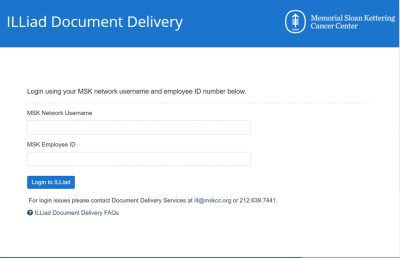Resistance to cancer therapy is one of the most challenging problems in oncology. Two recent papers report on new findings related to the phenomena of such resistance.
- A UCSF team of researchers found that the presence of liver metastasis from any primary cancer causes resistance to immune checkpoint inhibitors therapy, specifically to anti–PD-1 immunotherapy. Using a mouse model, the scientists established a foundation for overcoming this resistance by combining anti-PD-1 with regulatory T cells targeting agents and thus restoring anti-PD-1 immunotherapy efficacy. The study was published in Science Immunology.
- BRCA1/2 mutation-driven cancers, such as breast, ovarian, and prostate cancers, display high resistance to lifesaving therapies. Researchers from The University of Texas at Austin and Ajou University in South Korea identified a protein implicated in developing resistance to PARP inhibitors, a class of drugs that treat BRCA-deficient tumors. The study found that the low level of this protein, called PCAF, causes resistance to treatment with PARP inhibitors. The findings open the possibility of overcoming this resistance and increasing PARP inhibitors therapy’s effectiveness by combining them with a class of drugs called HDAC inhibitors, which boost PCAF. Research into PCAF protein, which has a role in chromatin modifications responsible for important DNA processes, contributes to the knowledge of cell replication and, therefore, to the understanding of disease pathophysiology. The study was published in Molecular Cell.
In recent years, anti-cancer nanomedicine gained more and more ground.
- Researchers from two laboratories in Chicago conducted a recent study on nanotechnology that used charged nanoscale metal-organic frameworks (nMOFs) “for generating free radicals using X-rays within tumor tissue to kill cancer cells directly”. “Furthermore, the same frameworks can be used for delivering immune signaling molecules known as PAMPs to activate the immune response against tumor cells. By combining these two approaches into one easily administered “vaccine,” this new technology may provide the key to better local and systemic treatment of difficult-to-treat cancers”. This study was published in Science Advances.
- Yet another study on nanotechnology took a non-conventional approach to nanoparticle use. A research team from Singapore used a silica nanoparticle as a cancer drug, instead of a conventional drug carrier. The therapeutic nanoparticle caused cancer cells to self-destruct with the same efficiency as traditional cancer drug therapy in the lab mouse experiment. The researchers also “deceived” cancer cells, notoriously dependent on amino acids for their growth, by masking the therapeutic nanoparticle with an outer layer of amino acid L-phenylalanine. This research “may hold promise for the future design of nanotherapies” and “for cancer cells that have failed to respond to conventional treatment like chemotherapy.” The study was published in Small.
More studies contributing to the knowledge of cancer biology were published recently.
- Scientists from Rockefeller University in New York found that breast and lung tumor cancer cells can use blood vessels to gain access to a signaling pathway used by neurons. The tactics ultimately enable those cancers to metastasize. This research contributes to the knowledge of how cancers use or hijack normal cells and mechanisms to progress and establishes the foundation for new diagnostic and therapeutic approaches. The study was published in Nature.

 Once you confirm your contact information, you’ll reach your ILLiad dashboard. The menu items are now along the top and the left-side menu is gone. This includes a new Search field. You can search by request number, author name, article title, and more.
Once you confirm your contact information, you’ll reach your ILLiad dashboard. The menu items are now along the top and the left-side menu is gone. This includes a new Search field. You can search by request number, author name, article title, and more. Some of the language has been updated to remove library jargon. The image below shows requests with new, plain language statuses.
Some of the language has been updated to remove library jargon. The image below shows requests with new, plain language statuses.